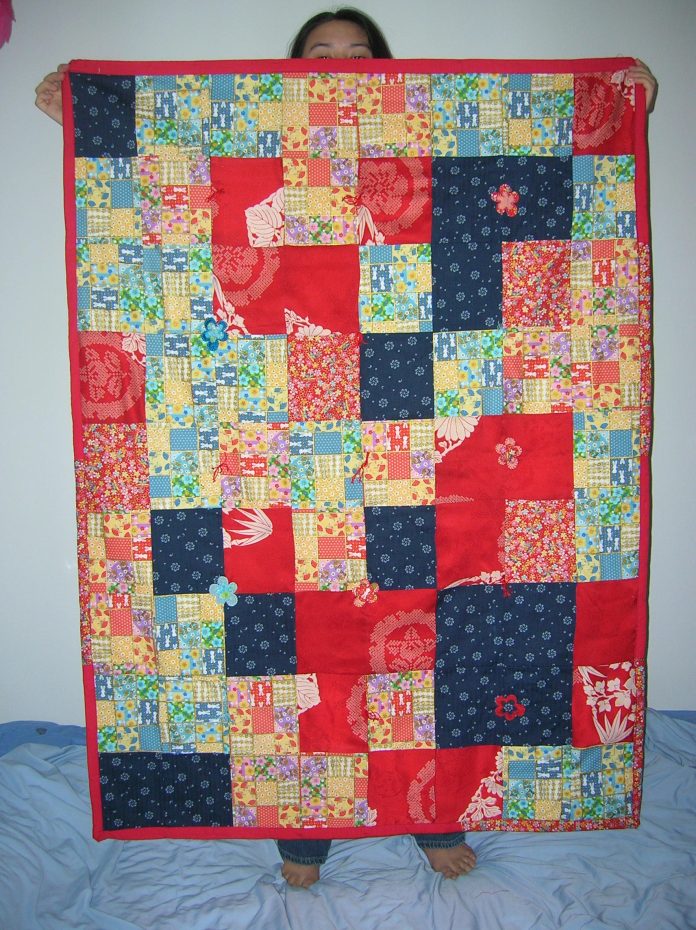The Housing for All Coalition (including Housing Now) is re-launching our campaign for large employer hours tax, focused on raising $150 million for affordable housing with a tax on big business. The re-launch campaign rally is tonight, January 31st at 6pm. Additionally, Housing Now is starting a new effort to reform Seattle’s Comprehensive Plan. We’re having a general interest meeting on February 18th, we hope to see you there!
It would be simplistic and wrong to say that our housing crisis is the product of a failure of terminology, but this failure certainly doesn’t help. In particular, our use of terms like “market” and “affordable” can cause confusion. For example, we use the word “market” to describe housing that is privately owned and priced, but we also use it to describe “the market” which is to say all the housing that is bought and sold in a given area. Meanwhile, we use the term “affordable” to describe housing that is low in price. Sometimes we mean both publicly and privately owned housing, and sometimes we use it as a shorthand for publicly financed housing. Thus, the “market” includes both “market” housing that can be “market rate” or “affordable” while “affordable” housing may or may not be “market” housing. And that’s before even getting into differences in price within all these categories. Oy!
The problem gets even more complex when one considers the emotional content of these words, which can vary depending on your ideological leaning. You’ll hear one person say that they support more market rate housing as a means to achieve affordability, while another person says they’ll only support more housing if it’s affordable. Debate rages back and forth regarding the relative merits of different kinds of housing, under different ownership schemes and price points.
One view which is popular with a broad swath of readers ofThe Urbanist, but by no means everyone, takes the “all of the above” approach to building more housing. Yet this approach can fall afoul of beliefs on the left and right regarding the efficacy of public and private financing. The use of terms like “market” and “affordable” only compound these conflicts with confusion.
Our perspective at Housing Now is best explained by use of the phrase “Housing Quilt”. A quilt is a piece of fabric constructed with cloth from a variety of sources. Often it is somewhat improvised, with fabric from whatever happens to be available. Yet many quilts are also put together with great skill and deliberation, with the arrangement and stitching of the constituent pieces of great importance to the overall effect.
Like housing, a quilt is both practical and aesthetic. A good quilt provides physical warmth and warmth of spirit. Some quilts are very artistic, while others are merely functional. Multiple quilts can be combined together if one is insufficient.
Understanding all the housing in our region as part of the same quilt helps us move beyond ideological orthodoxy and towards practical solutions. If we need many different kinds of housing to build a full and adequate quilt, then we need different kinds of finance. If the quilt is to provide adequate coverage we need enough of it. Finally, while a quilt can be dense, it must also have some reach in order to be adequate. We can’t continue to confine housing to a few areas and expect to have enough of it for all!
Right now our housing quilt is looking pretty ragged. The tax on big business proposed by the Housing for All coalition will raise $150 million a year for publicly financed affordable housing. It will do this by taxing big businesses, this tax would apply only to the 5-10% highest-revenue businesses, with the amount due based on their number of full-time equivalent (FTE) employees. In the news you might hear this called the “employee hours tax” or sometimes “head tax”. This tax will give us much more fabric so our quilt can be shared by more people.
Last fall, due to pressure from the Housing For All Coalition, the City Council unanimously passed a resolution to pursue this idea in early 2018.
But here’s the catch. Big business groups like the Chamber of Commerce don’t like this idea one bit, and they’re putting pressure on the councilmembers and Mayor to undermine this effort. It’s up to us to create an unstoppable wave of support, to embolden our elected officials to pass strong legislation by the end of March so that the City can start funding new affordable housing right away.
Similarly, our efforts to change the Comprehensive Plan from confining housing with an “urban village strategy” to promoting it with a “welcoming communities strategy” is likely to face opposition from powerful interests. For years people intent on keeping their neighborhoods frozen in time have lobbied against such changes. We need you involved in shaping this new strategy so we can come up with a Comprehensive Plan update that is both effective politics and policy.
We’re looking forward to seeing you at both of these events, on January 31st and on February 18th. With your help, we can build a housing quilt that ensures Seattle is a welcoming community for all!
Featured image courtesy of Flickr user Kueven.




